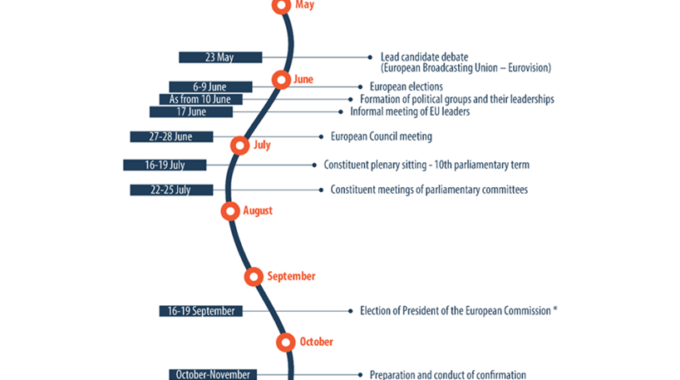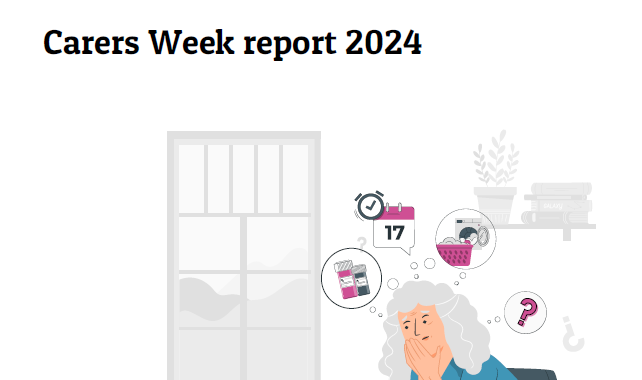
Launch of our EU Strategy to support and empower informal carers across Europe
A year ago, the EU Pillar of Social Rights reaffirmed that everyone has the right to affordable long-term care services of good quality, in particular home-care and community-based services. As we know already, the contribution by informal carers in the provision of long-term care in Europe is significant – 80% of care is provided by carers. The impact of this informal care on the living and working conditions of carers, when not adequately supported, is also well documented:
It is mostly women who give up paid jobs or reduce working hours in order to fulfil caregiving responsibilities;
The reliance on informal care is more common in low socio-economic status groups than in higher status groups, which means that when care systems rely excessively on informal care, they become inequitable; and
Despite a shrinking pool of potential carers, given the economic value of informal care, it will be very difficult to replace informal care by formal care in order to meet the growing needs of an ageing population. This was confirmed by the Ageing Report 2018, recently published by DG ECFIN, which projected that the budgetary impact of a progressive shift from informal to formal care by 2070 would imply an increase of the share of GDP dedicated to LTC by 130% on average for the EU.
In the light of this, while investments in formal care remain the central element of universal and carer-friendly care systems, it is clear that resolute measures to support and empower carers are required across Europe.
Today, Eurocarers – the European association working with and for carers – is launching its proposal for an EU Strategy to support and empower informal carers across Europe. The Strategy, entitled ‘Enabling carers to care’, aims to define the 10 Steps identified by the Eurocarers network in order to implement a carer-friendly policy environment seeking to recognise, support and empower informal carers across Europe in a comprehensive and coherent manner. It is designed to help policy makers (as well as all other stakeholders who can improve the lives of carers, in partnership with them, and who can influence the support provided to carers) acting at EU, national and regional level to consolidate existing but sometimes tokenistic approaches and to yield new evidence-informed initiatives in favour of carers’ rights. The Steps listed in this document are closely interconnected and should therefore be approached as part of a whole. The document builds on the idea that people should have the right to choose freely whether they want to be a carer, and to what extent they want to be involved in caring; people needing care should have the right to choose who they wish to be their carers.
To access the document “Enabling carers to care – A Strategy to support and empower informal carers across Europe”, please click here: [download id=”5493″]
To access the explanatory note accompanying the Strategy, please click here: [download id=”5490″]
To access Eurocarers’ policy briefing “The EU Pillar of Social Rights – What does it all mean for carers across Europe?”, please click here: [download id=”5496″]





